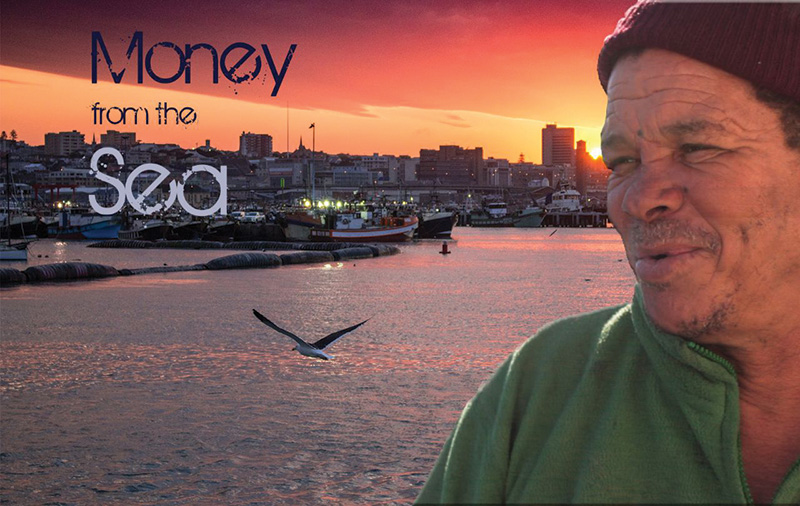The bubbly champagne and red carpet attire were not the only things making an impression during the 12th annual RUTV Documentary Film Fest, held the evening of 7 September at the National English Literary Museum (NELM). Six fourth-year TV Journalism students spent several months researching, filming and producing their own documentaries. Each documentary explored the theme, “quests and question marks”.

Money from the Sea produced by Abner Accomm and Daniel Tucker follows the journey of the ‘Jamie Jay’, a chokka (squid) fishing boat in Port Elizabeth. Accomm and Tucker spent time aboard the vessel getting to know the fishermen whose lives deeply depend on the chokka. The film felt like a traditional documentary, focusing entirely on the issue in question, leaving both Accomm and Tucker intentionally out of the frame. Beautiful footage captured by the students gave the film a good pace, maintaining a balance between technical ocean panoramas and intimate close-ups with lively fishermen. The film succeeded in shedding light on the severity of South Africa’s financial and environmental crisis for fishermen who do indeed, get their money from the sea.

The Eden produced by Collette Prince and Tess Miles is a first-person immersion documentary that traces the footsteps of Prince and Miles as they venture to uncover the untold secrets of a white, Christian, Afrikaaner utopia. This social commentary takes the audience from Grahamstown to Wilowmore, a town that is sadly trekking backwards into apartheid. Prince and Miles search for what remains of The Eden Project, uncovering the criminal history and disturbing past of the project’s founder Jacqui Gradwell along the way. The film’s use of tasteful, dry, sarcastic humour in conjunction with disturbing facts and deep description glue the viewer to the screen. The Eden begs pressing questions that have gripped the South African public since before the end of apartheid. Honest, intriguing, colourful and vibrant, the film will have viewers asking “how did they do that?”

Ezakithi namasiko (Our values and the things that belong to us) produced by Thingo Mthombeni and Catharina Andersen is very different from the two other documentaries. The film shadows Mthombeni’s own negotiation between her identity as a Christian, and her traditional African roots. Mthombeni’s navigation of the tricky, unspoken waters of her conflicted identity as a young black Christian woman living in post-apartheid South Africa make the film accessible for many young people. Posing Western and African ideologies against one another, the film affirms and contextualises the plight of the born-free black South African. Ezakithi namsiko is a stunning example of a decolonised media project.
The three films were met with thunderous applause.
“The process was not easy,” said lecturer Alette Schoon. “Funds were still limited, timing was tight, and the demands of the story involved deep introspection and many days of hard work and starting over.”
Despite the hardships, the students successfully produced beautiful and exciting documentaries. The evening was definitely one not to have missed.
The films are available on Youtube for further viewing.


